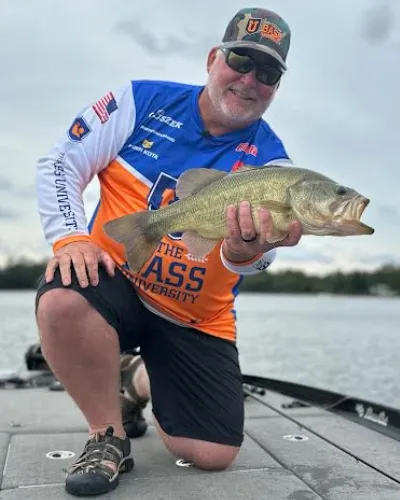Understanding terminal tackle
I understand there are hooks for every application , How do I pick the right gauge wire and size hooks for any given plastic or hard bait?
As a general rule, if I'm fishing clear water, I use the lightest wire hook I can get away with, because I'm likely going to be using light line for a natural presentation (like a dropshot rig). Since the hook is either exposed, or needs to come through a small diameter soft plastic lure easily, this means you don't need to snap set the hook, just reel into the fish. With a heavy gauge hook, you wouldn't get a good hookset with light line and a medium action rod (which I use to fish dropshot rigs). On the other hand, if I'm in dirty water, or fishing a reaction bait, or I need the bait to come through a thicker soft plastic lure without flexing, I opt for a regular gauge or heavy gauge. 8lb largemouth are very rare in Lake Norman, so I rarely need to go up to a heavy gauge flipping style hook. Now, if you're in Texas, California, Florida or other location where 10lb+ bass are more likely caught, and cover is more dense, you might need to go to heavy gauge hooks and braided line. My personal opinion is that people opt for this setup too often and I've seen numerous bass with severe injuries from vastly overpowering tackle and jacking fish on the hookset like 1983 Roland Martin when the cover and fish class didn't merit it. Tackle these days is very good and today's 7'6" heavy action rods, braided line and chemically sharpened hooks mean you don't have to throw your back out on every hookset.



